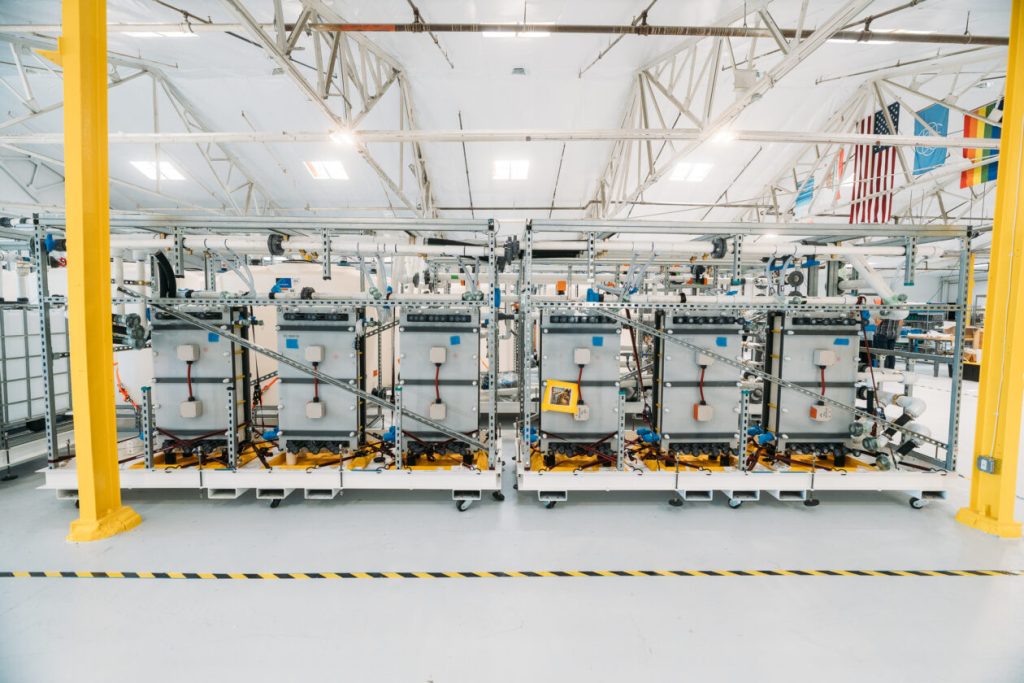Ebb Carbon, a marine carbon removal startup based in South San Francisco, has entered into a deal with Microsoft to potentially remove up to 350,000 tons of CO2 from the ocean over the next decade. The technology used by Ebb Carbon involves ocean alkalinity enhancement, which creates basic conditions in seawater to capture carbon and store it safely, combating ocean acidification in the process. This method has been successfully employed by winemakers and in sewage plants and is now being applied on a larger scale in the ocean.
The agreement between Microsoft and Ebb Carbon initially involves the removal of 1,333 tons of CO2, with the option for Microsoft to purchase additional removal credits in the future. Details of the deal were not disclosed. Brian Marrs, senior director of Energy and Carbon Removal at Microsoft, emphasized the importance of the ocean in the carbon cycle and praised Ebb Carbon’s technology for leveraging natural ocean processes to remove and store atmospheric carbon on a large scale.
Ebb Carbon has a pilot plant at the Department of Energy’s Pacific Northwest National Laboratory in Sequim, Wash., and has raised $22 million in funding over the past four years. The company is one of at least 18 startups exploring ways to remove carbon from the ocean, with another venture, Banyu Carbon, based in the Pacific Northwest. Ebb Carbon’s approach of ocean alkalinity enhancement involves creating basic conditions in seawater to convert CO2 into bicarbonate ions, effectively removing carbon from the ocean.
Microsoft has been actively pursuing carbon removal deals in an effort to achieve its ambitious climate goals. The tech giant signed its first long-term agreement in 2022 with Climeworks and recently purchased 500,000 metric tons of removal credits from a subsidiary of Occidental Petroleum. However, the carbon offset and removal sector has faced challenges related to accounting and verification, with concerns about accurately measuring the volume of carbon removed and the impact on the ocean’s capacity to absorb it from the air.
Oceanographer David Ho has pointed out the challenges faced by companies seeking to extract carbon dioxide from seawater, including monitoring, reporting, and verifying the carbon removal process. Despite these challenges, Ho believes that the ocean-based approach to carbon removal has a better chance of scaling up compared to land-based strategies. Ebb Carbon is working with the carbon registry Isometric to verify its impact and is using the organization’s Ocean Alkalinity Enhancement protocol, which addresses carbon removal through ocean alkalinity enhancement.
Isometric’s chief science officer, Stacy Kauk, praised Microsoft and Ebb Carbon for using the OAE protocol for carbon removal verification and highlighted the vast surface area of the ocean as a promising factor for using ocean alkalinity enhancement as a carbon removal method. The ability of the ocean to absorb and store carbon provides a significant opportunity for combating climate change, but it requires careful monitoring and verification to ensure the effectiveness of the removal process.












